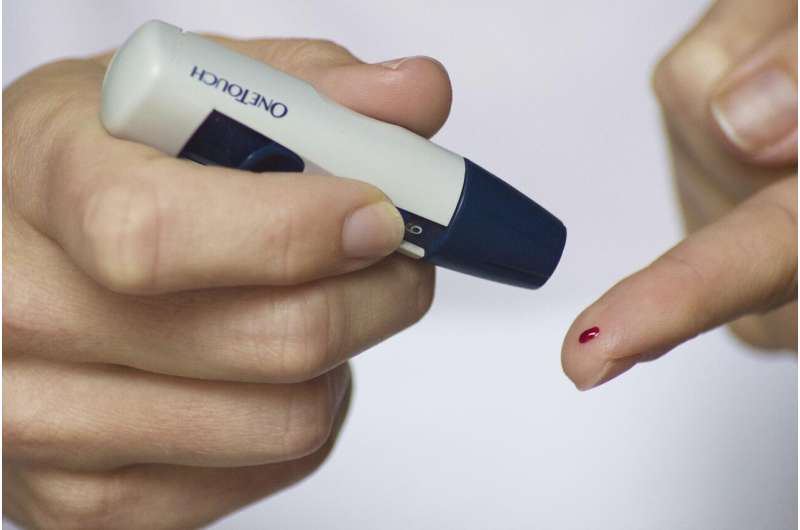Diabetes and global health: Mitigating the impact of climate change

One of the sessions at this year's annual meeting of the European Association for the Study of Diabetes in Stockholm, Sweden (19-23 September) focuses on how the environmental footprint of diabetes care can be mitigated. The presentation will be given by Dr. Fiona Adshead, Chair, Sustainable Healthcare Coalition, Newton Abbot, UK.
"In the last few months, the impact of climate change has become clear with floods, fires and heatwaves becoming part of our daily news," says Dr. Adshead. "The human cost is huge and yet the stark reality is that climate change is manmade. Solving this crisis requires transformative change. Each country needs to undergo a green transition to achieve a net zero economy. Each sector needs to act, and healthcare must play its part."
"First do no harm" is a core value underpinning healthcare, and yet an unintended consequence of its delivery is its own contribution to global warming. Healthcare is estimated to contribute 4.4% of global net greenhouse gas emissions, so any effective national green transition must include a net zero health system.
Achieving a net zero health system is based ultimately on clinical transformation, how care is delivered that not only improves health outcomes and financial efficiency but also reduces environmental impact. In effect, a consideration of environmental impact must become part of every health care decision.
Dr. Adshead discusses:
- How the UK's National Health Service is becoming a net-zero health system and place this in a global context.
- Why the Sustainable Healthcare Coalition was created by the NHS to bring companies together to respond to the evidence that pharmaceutical products and medical devices were accountable for much of the NHS's carbon footprint.
- How by sharing data and expertise, the group was able to create the world's-first GHG life cycle assessment guidance on how to measure the carbon footprint of pharmaceuticals and medical devices; one of the key building blocks to assess environmental impact.
- The opportunities for reducing the environmental impact of diabetes care that will be highlighted through a case study referring to Novo Nordisk, a major manufacturer of diabetes and obesity medications, showing how care pathways assessment methodology guidance has been applied to diabetes, through "take back" schemes and the emerging area of reducing the impact of clinical trials.
- How several international collaborations are accelerating action and bringing together stakeholders for transformative change.
Dr. Adshead says that addressing the environmental impact of diabetes care is integral to the transition towards tomorrow's net-zero health systems and today's tools, collaborations and partnerships can help make this happen.
She notes, "Every health care decision needs to reduce environmental impact as well as improve health outcomes, and we know from case studies that reducing environmental impact can improve health outcomes at the same time.
"Clinical trials are key to developing innovative new treatments. Globally we estimate they generate around 100 megatonnes CO2 emissions per year, about the same as the whole of Belgium. Reducing their impact is key and that's why we are developing an approach to help make this happen. One aspect we are looking at is reducing the travel footprint associated with clinical trials."
Dr. Adshead will give her presentation during the session "The heat is on! Diabetes and climate change" on September 21, 2022.




















